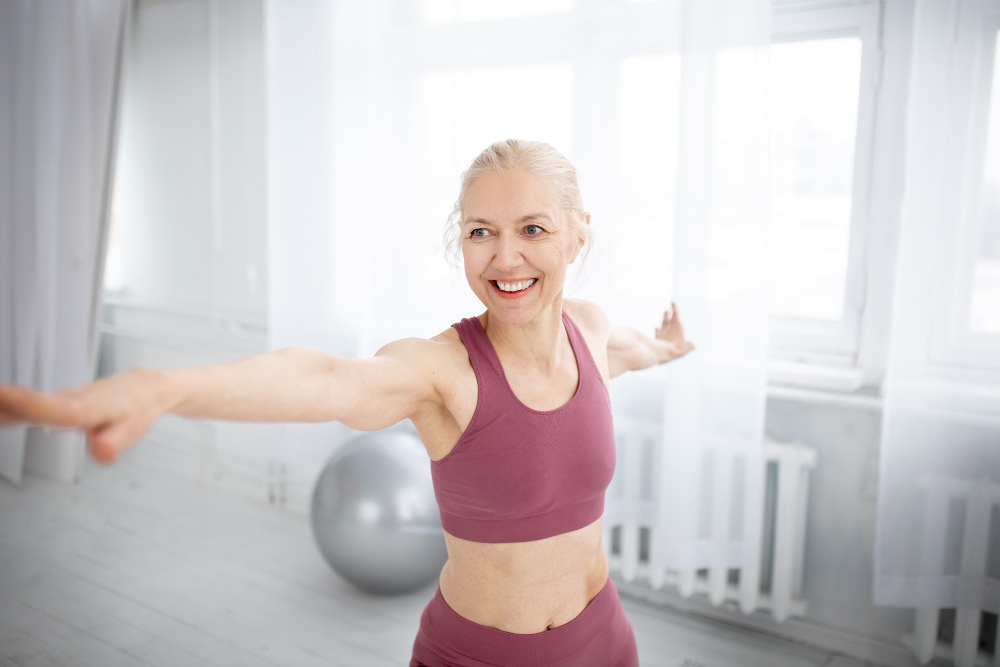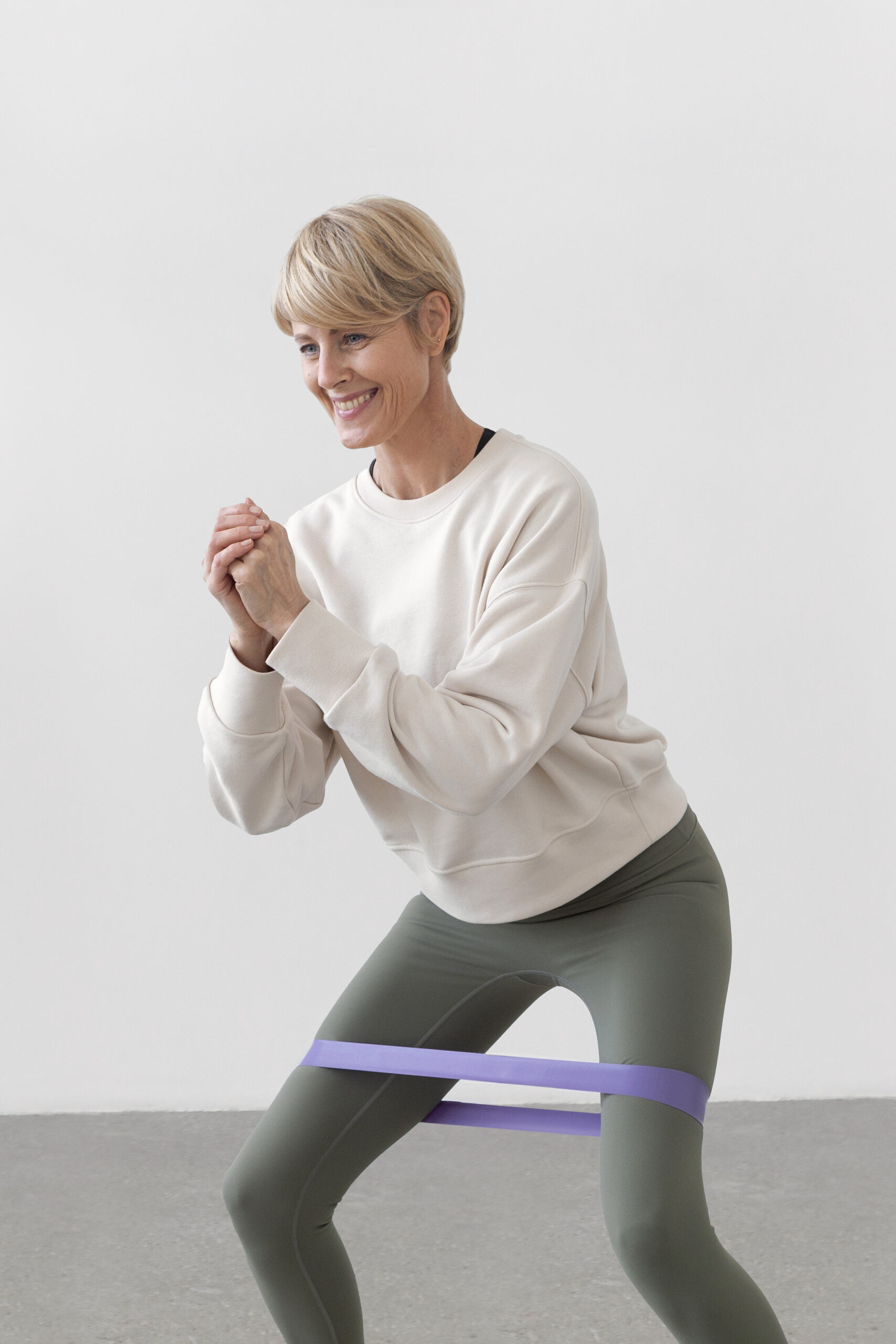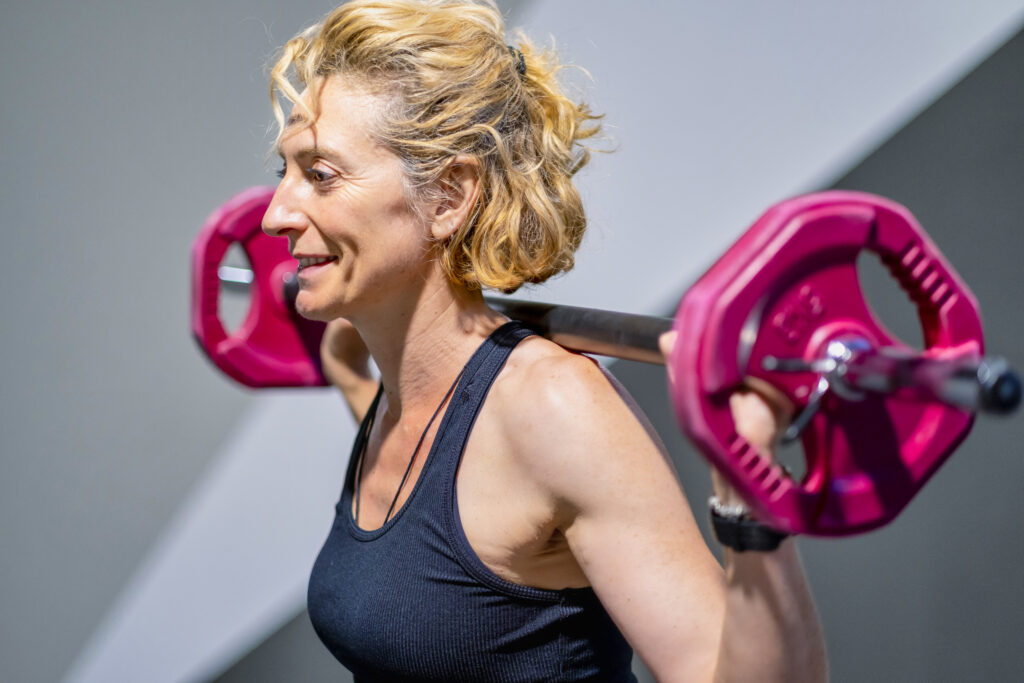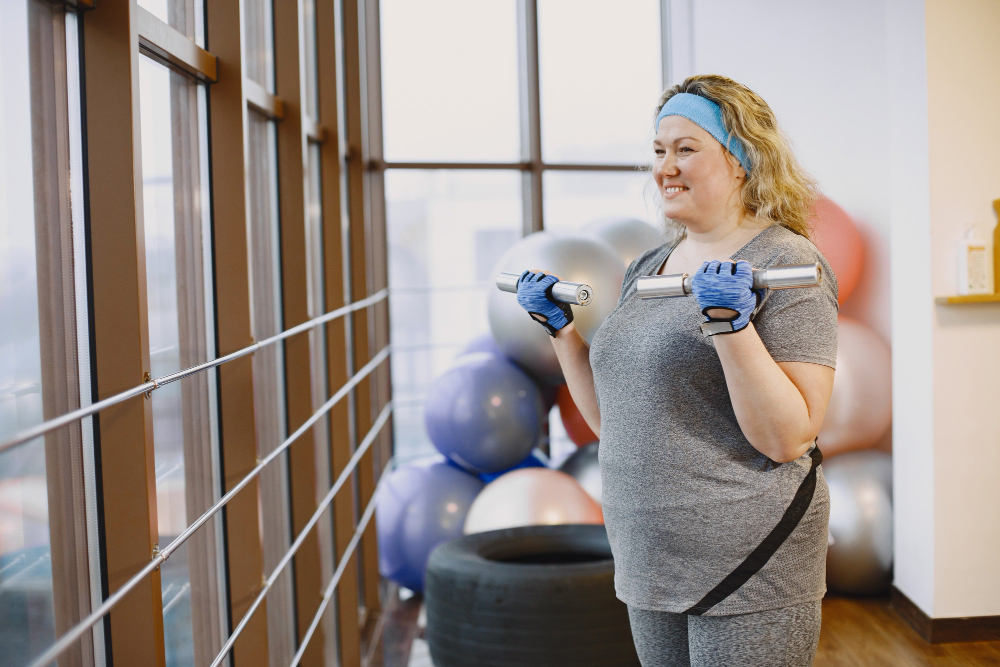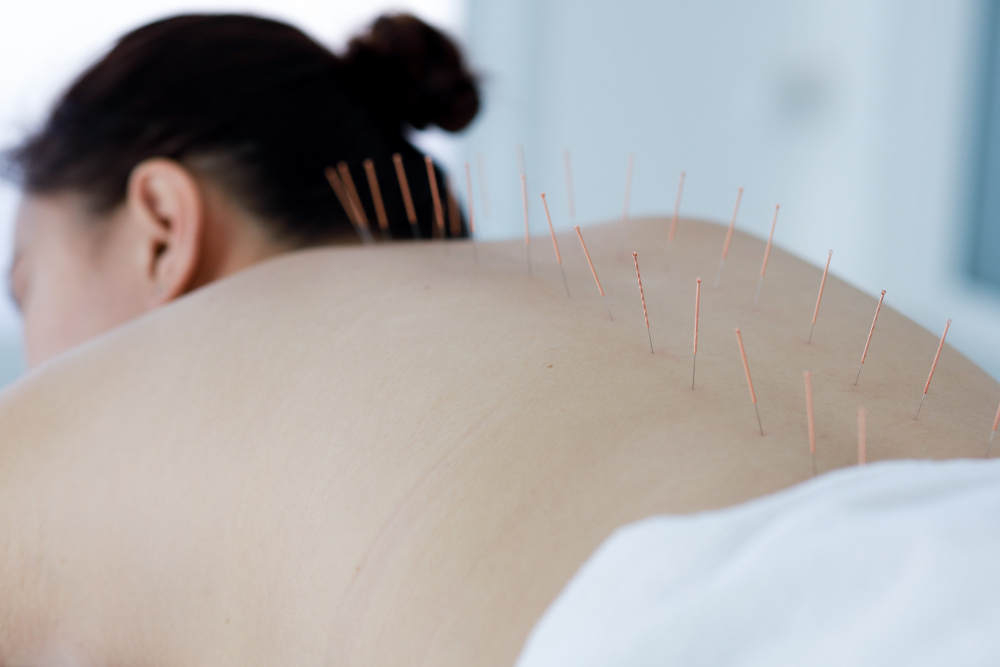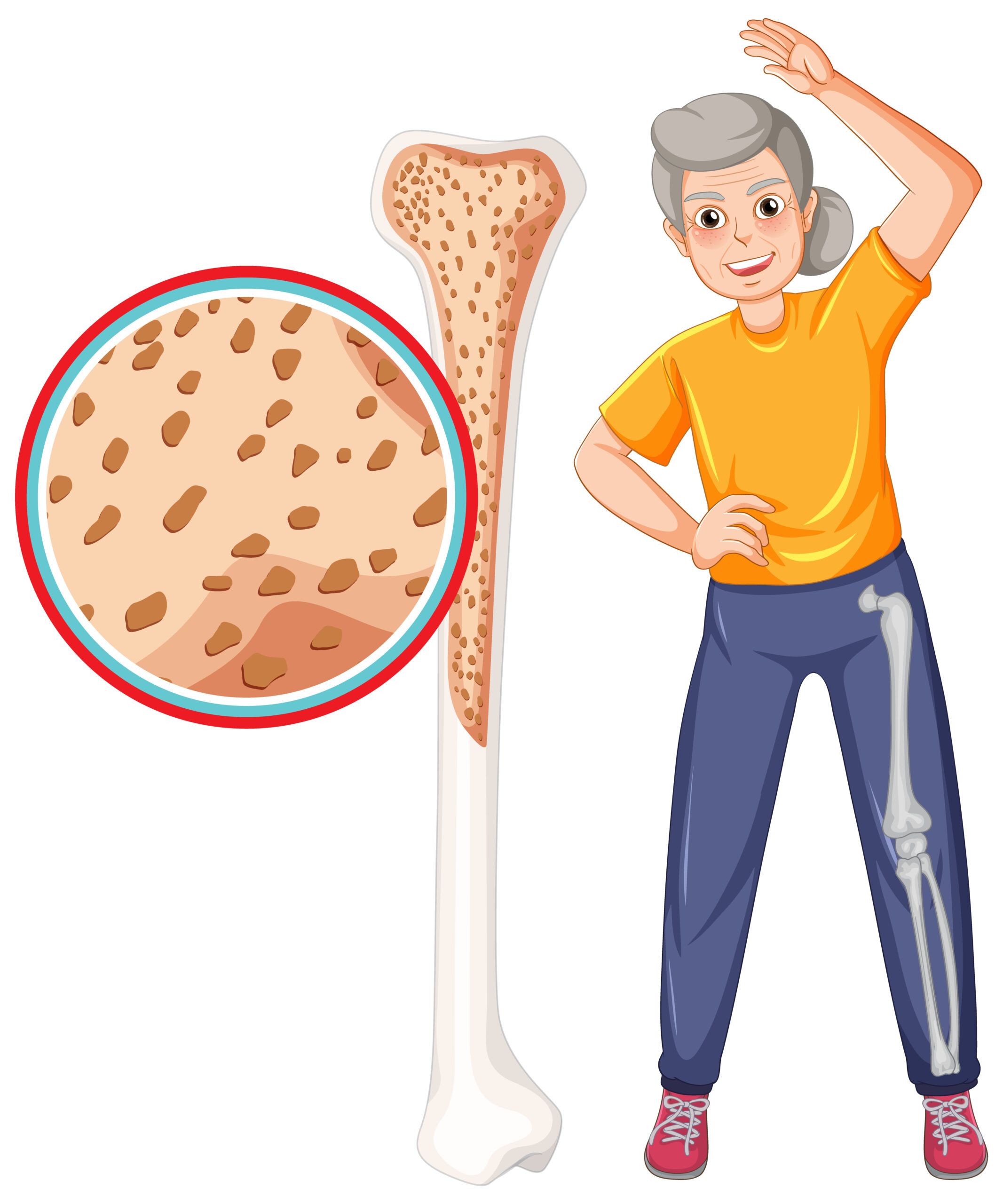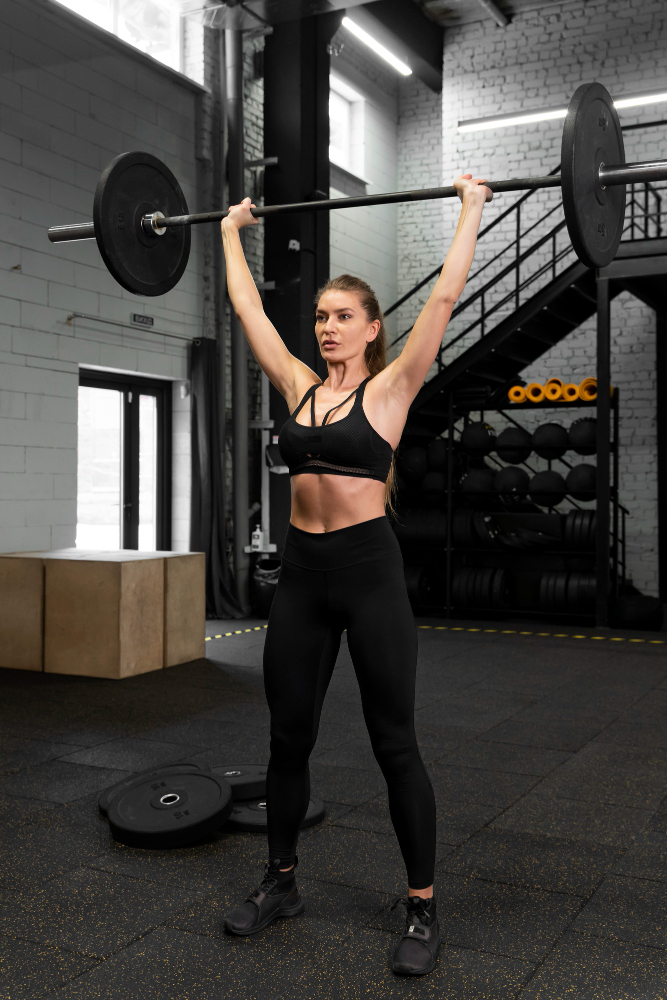Knee and hip injuries can be debilitating, limiting your mobility, independence, and quality of life. Whether you are recovering from surgery, managing osteoarthritis, or dealing with a sports injury, effective rehabilitation is essential. At Strength Clinic Mosman, we specialize in tailored knee and hip rehabilitation programs designed to get you moving stronger and pain-free.
Serving the Lower North Shore of Sydney
Located in Mosman, Strength Clinic proudly serves the entire Lower North Shore of Sydney, including Neutral Bay, Cremorne, Kirribilli, Lavender Bay, Wollstonecraft, Crows Nest, St Leonards, Cammeray, Waverton, North Sydney, Greenwich, and Artarmon. Whether you live in Mosman or nearby suburbs like Neutral Bay and Cremorne, or further afield in Kirribilli, Lavender Bay, Wollstonecraft, or Crows Nest, our expert team is here to provide top-quality Exercise Physiology and rehabilitation services tailored to your needs.
We are also easily accessible for residents in St Leonards, Cammeray, Waverton, North Sydney, Greenwich, and Artarmon, offering personalized treatment plans for knee and hip rehabilitation, dry needling, and more. Serving clients throughout the Lower North Shore, Strength Clinic Mosman is your trusted local provider for musculoskeletal health and recovery.
Understanding Knee and Hip Injuries
The knee and hip joints are among the most complex and heavily used joints in the body. Injuries or chronic conditions affecting these areas can cause significant pain and dysfunction.
Common knee injuries include:
- Anterior cruciate ligament (ACL) tears
- Meniscus tears
- Patellar tendinitis
- Osteoarthritis
- Ligament sprains and strains
- Post-surgical rehabilitation (e.g., after knee replacement)
Common hip injuries and conditions include:
- Hip osteoarthritis
- Labral tears
- Hip bursitis
- Tendinopathy
- Post-hip replacement rehabilitation
- Muscle strains
Without proper rehabilitation, these injuries may lead to chronic pain, instability, decreased function, and an increased risk of falls or further injury.
How Exercise Physiology Supports Knee and Hip Rehabilitation
Exercise physiology plays a crucial role in knee and hip rehab by designing individualized exercise programs that promote healing, improve strength and mobility, and restore function. At Strength Clinic Mosman, our accredited Exercise Physiologists work closely with you to:
- Assess your current mobility, strength, and pain levels
- Identify biomechanical issues and movement compensations
- Develop a personalized rehabilitation plan incorporating strength training, balance exercises, and functional movements
- Use evidence-based techniques such as progressive resistance training and low-impact cardio
- Provide ongoing monitoring and adjustment to ensure optimal recovery
The Role of Dry Needling in Rehabilitation
Dry needling is an advanced treatment used by our Exercise Physiologists to reduce muscle tightness, improve circulation, and alleviate pain around the knee and hip. By targeting trigger points and muscle knots, dry needling can:
- Decrease muscle spasms and tension
- Improve range of motion
- Reduce inflammation
- Accelerate healing
- Complement exercise therapy for better outcomes
Many patients experience faster recovery times and enhanced mobility when combining dry needling with their exercise rehab program.
Common Injuries Treated at Strength Clinic Mosman
At Strength Clinic Mosman, we specialize in managing a broad range of knee and hip issues, including but not limited to:
- ACL and meniscus injuries: Post-injury or post-surgery strengthening and mobility restoration
- Osteoarthritis: Managing pain and improving joint function with tailored exercise and dry needling
- Tendinopathies: Patellar or hip tendinopathy rehabilitation focused on gradual loading
- Post-operative care: Comprehensive rehab following knee or hip replacements, arthroscopy, or ligament repair
- Bursitis and muscle strains: Pain reduction and mobility restoration through targeted therapy
Our holistic approach ensures you regain strength, confidence, and function as efficiently as possible.
Why Choose Strength Clinic Mosman for Your Knee and Hip Rehabilitation?
Expert Care from Accredited Exercise Physiologists
Our team consists of university-qualified, accredited Exercise Physiologists experienced in musculoskeletal rehabilitation and chronic condition management. We stay up to date with the latest research and rehab techniques to provide you with the best care.
Individualized Programs for Effective Recovery
We understand every client is unique. Your rehabilitation program is designed based on your injury type, fitness level, lifestyle, and goals.
Convenient Location on the Lower North Shore
Our clinic at 3/44 Avenue Road, Mosman, is easily accessible for residents across the Lower North Shore. We proudly serve clients from Neutral Bay, Cremorne, Kirribilli, Lavender Bay, Wollstonecraft, Crows Nest, St Leonards, Cammeray, Waverton, North Sydney, Greenwich, and Artarmon.
Integrated Dry Needling and Exercise Physiology
Combining Dry Needling with tailored exercise therapy accelerates recovery and reduces pain more effectively than exercise alone.
What to Expect During Your Rehabilitation Journey
- Initial Assessment
We perform a comprehensive evaluation of your knee or hip, including pain levels, range of motion, strength, and functional limitations. - Tailored Rehabilitation Plan
Based on your assessment, we create a customized program that includes exercise therapy, manual techniques, dry needling (if appropriate), and education. - Ongoing Therapy and Monitoring
Regular sessions ensure your rehab is progressing safely and effectively, with adjustments made as you improve. - Return to Function
Our goal is to restore your mobility, strength, and confidence to return to your daily activities or sport.
Lower North Shore Suburbs We Serve
We are proud to offer knee and hip rehabilitation services, dry needling, and exercise physiology to clients in:
- Mosman
- Neutral Bay
- Cremorne
- Kirribilli
- Lavender Bay
- Wollstonecraft
- Crows Nest
- St Leonards
- Cammeray
- Waverton
- North Sydney
- Greenwich
- Artarmon
Contact Strength Clinic Mosman Today
Don’t let knee or hip pain hold you back. Contact Strength Clinic Mosman for expert rehabilitation services designed to get you moving stronger and pain-free.
📍 Address: 3/44 Avenue Road, Mosman NSW 2088
📞 Phone: 0434 842 378
🌐 Website: strengthrehabilitationsydney.com


